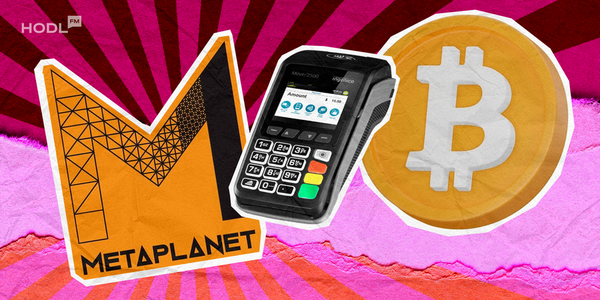Getting it right in Bitcoin investment has always been like searching for grubs under rocks: you have to turn over 10 rocks to find a single grub, or perhaps over 20 to find two, and that’s supposed to be part of an investor’s life! However, a swarm of crypto-focused Bitcoin ETFs (exchange-traded funds) is enjoying great starts and chalking up gains amid the ongoing crypto winter. Dutch crypto traders now have the chance to be better than they started the year, thanks to launching a new ETF that will increase investors’ exposure to a unique Bitcoin investment opportunity.

By launching the Bitcoin Equities ETF on the Euronext Amsterdam Stock Exchange, French investment enterprise, Melanion Capital has added a feather to its cap by aiding Bitcoin’s journey toward adoption and mainstream acceptance as an investment asset. The ETF enables investors to trade shares like other listed securities and participate in BTC’s potential growth without owning the cryptocurrency. The ripple effect will attract more market participants and potential institutional investors.
Understanding Bitcoin Equities ETF
A Bitcoin Equities ETF is an investment fund that tracks the digital asset’s price while trading on a regular stock exchange – the pioneer and most well-known of which is the Winklevoss Bitcoin Trust of March 2017. ETFs expose investors to trading Bitcoin without owning or storing the crypto asset. Investors buy shares of the fund that tracks BTC’s price, with the share’s value going up or down based on the cost of Bitcoin. Investors can easily buy and sell Bitcoin ETFs through brokers or online trading platforms by trading on traditional stock exchanges.

ETFs are generally low-risk investment vehicles since they’re low-cost and hold a basket of cryptocurrencies, increasing your diversification to financial markets. When you allocate funds to ETFs, you offer leverage to Bitcoin’s price even when you don’t know how cryptocurrencies work. Moreover, you don’t have to take on the regular risks of owning BTC directly or belonging to any cryptocurrency exchange. The downside is that such ETFs will limit you to one coin, which can be a disadvantage. Besides charging relatively costly management fees for their convenience, the lack of solid crypto regulation could quickly impact the potential of ETFs in many jurisdictions.

Amsterdam Stock Exchange
Located in the heart of Europe, the Amsterdam Stock Exchange (ASE) is the oldest securities exchange, founded in 1600 and an integral component of Euronext. Euronext, born in 2000 when Amsterdam, Lisbon, Paris, and Lisbon stock exchanges merged, now incorporates markets further afield, including Dublin, London, and Oslo. Euronext has over 1,500 listed companies whose market capitalization exceeds $4.48 trillion. With its highly decorated trading history and ongoing innovation, the Euronext Amsterdam Exchange is essential to Europe’s financial industry. With a highly educated workforce, Dutch political stability, and strategic location, Amsterdam Stock Exchange remains a strong contender for investors keen on accessing European markets and capital.
Impact on Bitcoin and Crypto Market
This development will likely pave the way for broader adoption and further innovation, not only regarding similar blockchain investments into the wider cryptocurrency market. Potential investors will closely monitor its progress once the Bitcoin Equity ETF starts trading. The launch could also become an essential milestone in bridging the gap between fiat and cryptocurrency investment as it offers investors regulated access to the Bitcoin market. Commenting, Melanion Capital CEO Jad Comair said:
“The expansion to the Euronext Amsterdam exchange provides Dutch investors with a “regulated and transparent solution” to gain exposure to the BTC ecosystem.”
Regulatory Considerations
The debate surrounding ETFs has raged for a long time as crypto regulation has yet to gain official approval, with many regulatory authorities rejecting numerous proposals. As the crypto market remains unregulated and decentralized, investors easily miss out on tax benefits, but with the shifting landscape, there could be light at the end of the tunnel. USA’s Securities and Exchange Commission (SEC) approved its pioneer Bitcoin futures ETF in October 2021: while that’s not a traditional ETF, it gives hope that Bitcoin Equities ETF could follow suit.
Conclusion
When investing, success doesn’t come from assessing how much industry will affect society or grow but rather the competitive advantage one gets by taking a bold step. The Bitcoin ETF debate stays here as investors and regulators debate its pros and cons. As regulators strive to address what they believe are genuine concerns, the growing interest in crypto and ETFs makes them a viable investment option. Are you looking for a home run? The only way to beat the enormous fog surrounding the future of ETFs is to learn the trend so you can get some sort of edge.




